1. Say “Please” and “Thank You” Every Time

Back in the ’50s, good manners weren’t optional—they were expected. People naturally said “please” when asking for something and “thank you” when receiving it, even for the smallest gestures. Holding the door? You got a thank you. Passing the salt? Another thank you. It wasn’t about being overly formal; it was just how people showed basic respect says MSN. Today, it feels like gratitude has taken a backseat to convenience. A quick texted “thx” doesn’t have the same warmth as a genuine “thank you.”
It’s not that people are ungrateful, but in a rush, the little niceties get left out. Now, we’re lucky if we get eye contact, let alone a heartfelt expression of thanks. When was the last time a stranger held the door for you and you both exchanged a real smile? It seems like we’re all just trying to get through our day with minimal interaction. Maybe it’s time to bring back the magic of those simple words. It doesn’t cost anything, and it makes a big difference shares Reader’s Digest.
2. Dress Respectably in Public
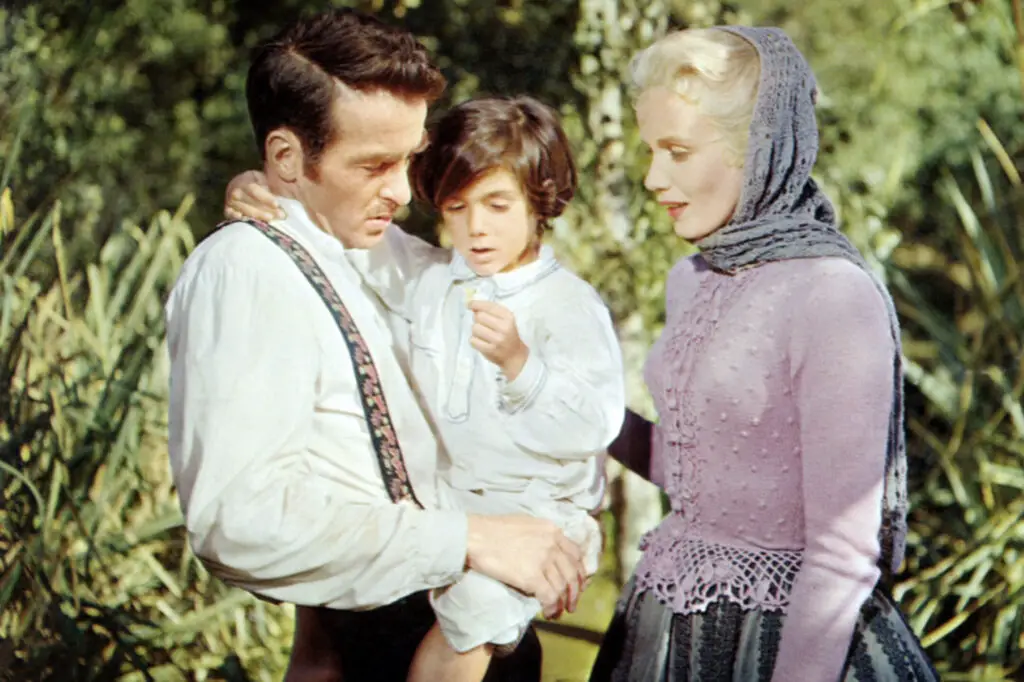
In the ’50s, leaving the house meant putting yourself together. Even if you were just going to the grocery store, you made sure you looked presentable. Men wore slacks and button-up shirts, and women put on skirts or dresses, often with their hair neatly styled. It wasn’t about being fancy—it was about showing respect for yourself and those around you. Fast forward to today, and it’s not uncommon to see people shopping in pajamas or wearing ripped-up clothing that looks more like sleepwear than daywear says CBC.
Comfort has taken over, and while there’s nothing wrong with being cozy, there’s something to be said for taking a little pride in appearance. People used to believe that dressing well helped set the tone for the day. Now, it’s all about speed and ease, even if that means looking like you just rolled out of bed. Maybe we don’t need to go back to three-piece suits for a trip to the post office, but a little extra effort wouldn’t hurt shares Business Insider.
3. Keep Your Word
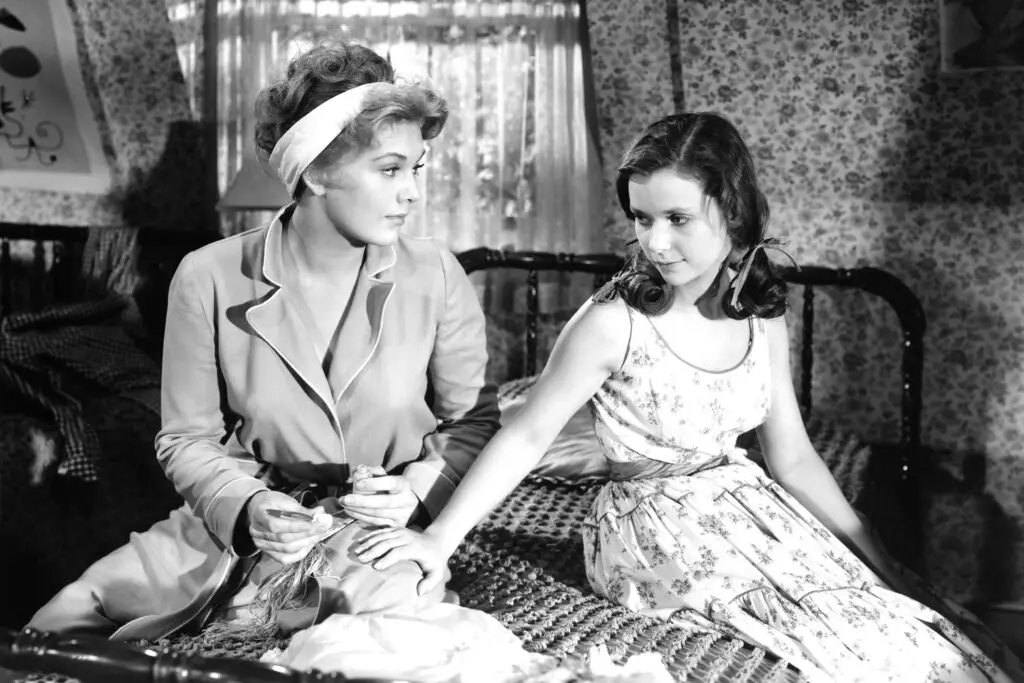
If you made a promise in the ’50s, you kept it. A handshake was as good as a contract, and being reliable was a core value. If someone said they’d meet you at 5 PM, they showed up at 5 PM, no excuses. Today, plans are often canceled last minute with a quick text, and ghosting has become an accepted way to back out of commitments. It’s easier than ever to break promises without much consequence.
Flaking out on plans wasn’t just seen as rude—it damaged your reputation. Now, people cancel because they’re tired, change their minds, or simply forget. While life happens, and sometimes adjustments are necessary, the expectation to follow through has faded. Keeping your word used to be a sign of integrity. Maybe it’s time to bring back that level of dependability.
4. Respect Your Elders
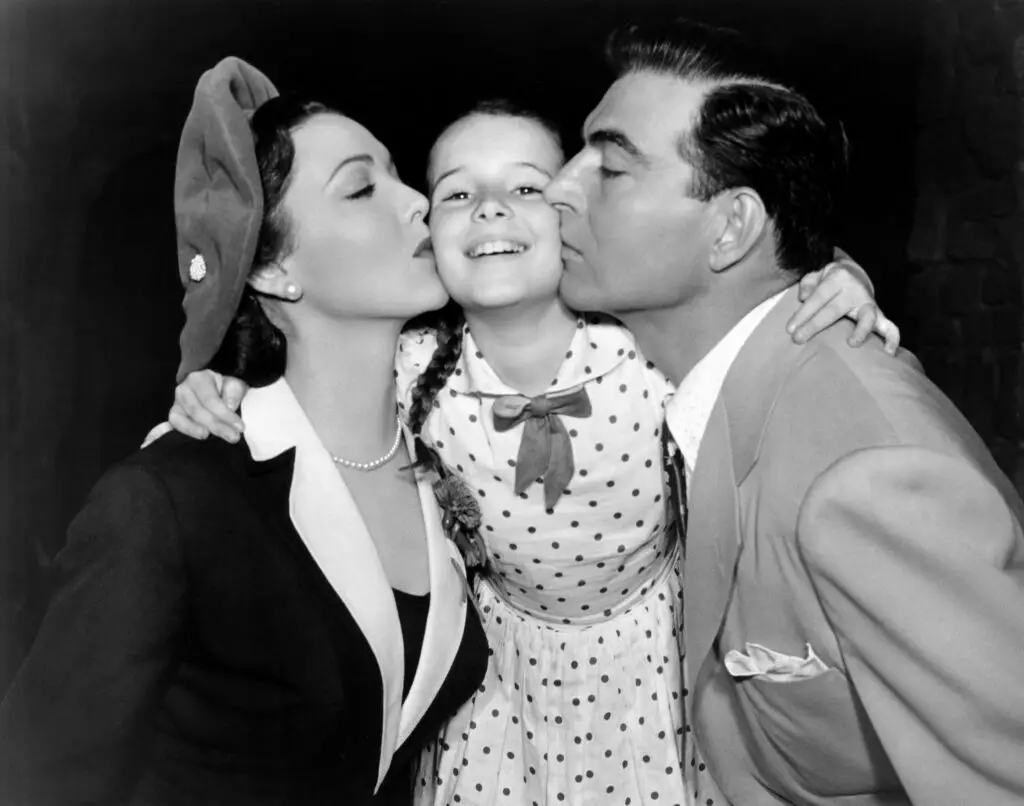
In the ’50s, older generations were treated with a level of respect that seems to be disappearing. People listened when elders spoke, addressing them with “sir” or “ma’am” and valuing their wisdom. It was common to give up a seat for an older person or offer a helping hand without being asked. Now, respect often depends on whether we agree with someone. If an older person shares a different opinion, they might be dismissed instead of being heard.
It’s not about blindly obeying, but there’s value in learning from those who have lived longer. They’ve seen the world change in ways younger generations haven’t, and their experiences hold lessons worth hearing. Instead of rolling our eyes, maybe we should be listening more. A simple act of kindness, like helping an older neighbor with their groceries, can go a long way. Respect shouldn’t be conditional—it should be a given.
5. Be Mindful of Your Language in Public
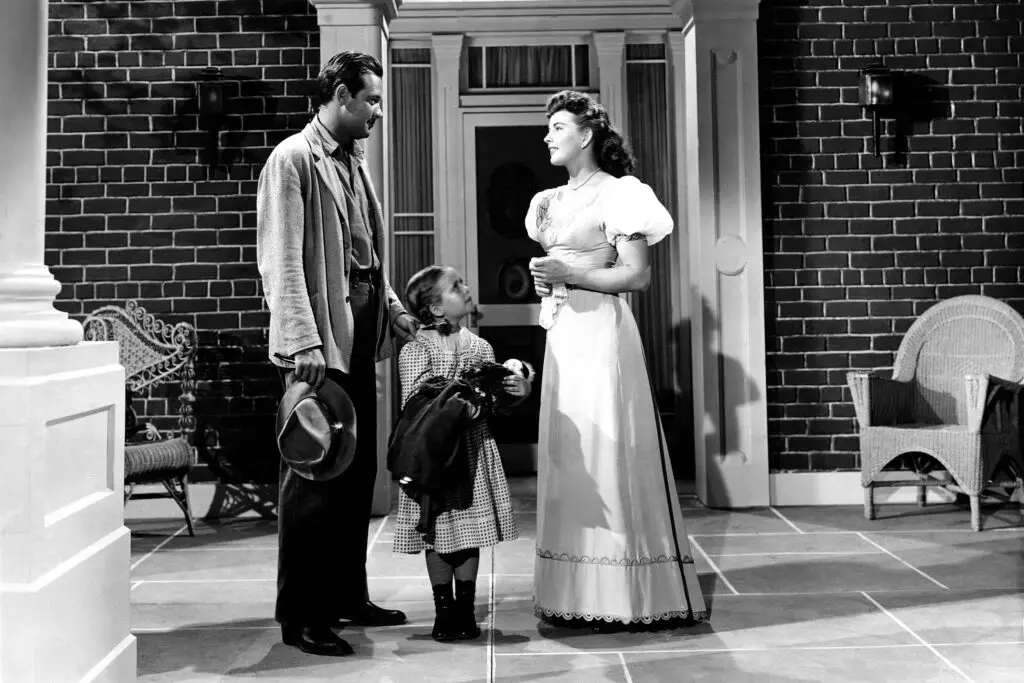
Cursing in public was once considered unacceptable, especially in front of children or elders. In the ’50s, people chose their words carefully and made an effort to keep conversations polite. That didn’t mean people never got angry—it just meant they had more self-control. Now, it’s not uncommon to hear swearing in every conversation, whether it’s on TV, in music, or shouted across a parking lot. What used to be shocking is now just normal background noise.
Words have power, and the way we speak affects the people around us. While some might argue that language evolves, there’s something to be said for speaking with a little more care. A well-placed “darn” or “gosh” used to get the point across just fine. Maybe we don’t need to ban all strong words, but being a little more mindful wouldn’t hurt.
6. Sit Down for Family Dinners

Dinner used to be a sacred time when families gathered around the table, talked about their day, and shared a meal together. It wasn’t about fancy food—it was about connection. The TV was off, phones didn’t exist, and conversation flowed. Fast forward to today, and family dinners are rare. People eat on the couch, in front of a screen, or at different times.
Life is busier now, and schedules don’t always align, but sitting down together, even a few times a week, makes a difference. Those moments build bonds and create memories. A family meal isn’t just about eating—it’s about staying connected. It might take some effort, but it’s worth it.
7. Take Pride in Your Work
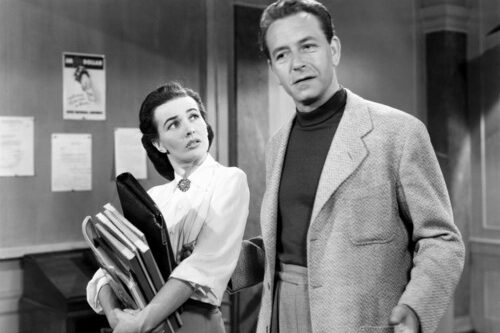
In the ’50s, whether you were a mechanic, a teacher, or a stay-at-home parent, you took pride in what you did. A job well done mattered, and cutting corners wasn’t an option. Today, there’s more of a “just get through it” attitude. People rush through work, looking for the quickest way to finish rather than the best way.
That sense of craftsmanship has faded in many areas. It’s not about perfection—it’s about caring. When people put effort into their work, the results show. Whether it’s a handwritten note instead of a generic email or taking extra time to fix something properly, the little things add up.
8. Don’t Air Your Dirty Laundry in Public

Personal problems used to be just that—personal. In the ’50s, if you had an issue, you handled it privately. Now, social media has turned personal struggles into public drama. Every argument, complaint, or bad mood is posted for the world to see.
There’s nothing wrong with sharing feelings, but some things are best kept off the internet. Oversharing can lead to regret, misunderstandings, or unnecessary stress. A little discretion goes a long way.
9. Hold the Door Open for Others
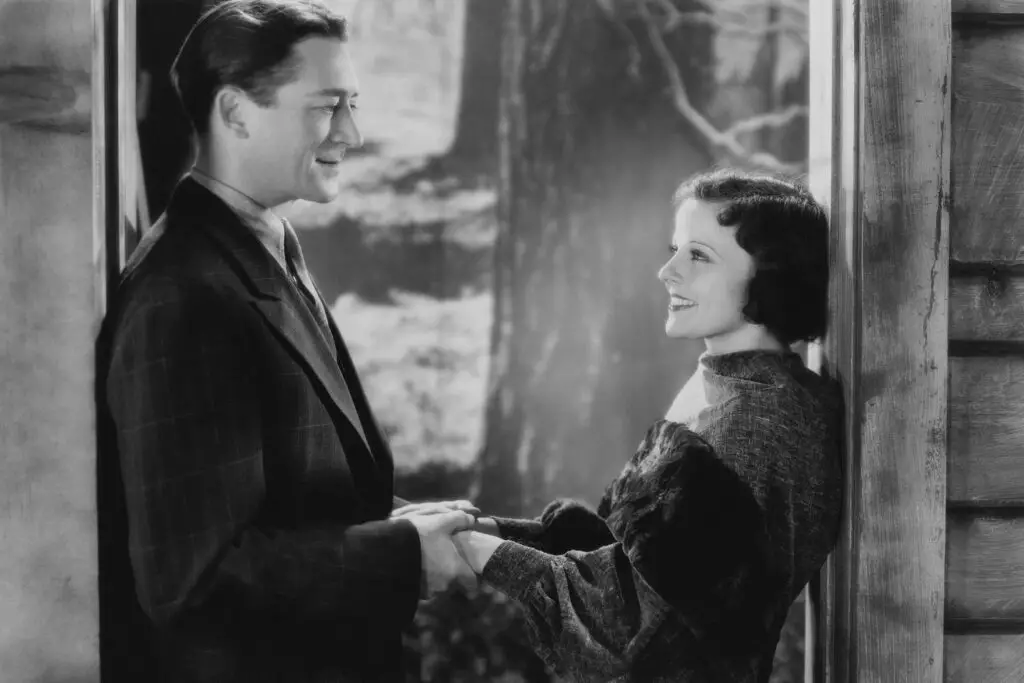
In the ’50s, holding the door open for someone wasn’t just a nice gesture—it was a fundamental display of courtesy. Whether you were at the local grocery store, walking into a café, or entering a building, people made sure to hold the door for those behind them. It wasn’t about grand gestures or expecting something in return. It was simply about showing respect for the people around you. It wasn’t unusual for men to hold the door for women, but it wasn’t limited to that—people held doors for anyone, regardless of age or gender. It was just a small, simple act that made life feel a little more polite.
Fast forward to today, and you might find that holding the door open isn’t as common as it once was. People are often too caught up in their own world, rushing into buildings, busy with their phones, or simply not thinking to pause for someone else. It doesn’t take much time, but holding the door for someone is a small act that can brighten their day. It’s a moment of kindness that says, “I see you, I respect you.”
10. Write Thank You Notes

A handwritten thank-you note used to be a thoughtful and expected gesture. Whether it was for a gift, a dinner invitation, or a kind favor, people took the time to put pen to paper. It wasn’t about being fancy—just a few sentences to show genuine appreciation. Today, gratitude is often reduced to a quick text, a “like” on social media, or sometimes nothing at all. While digital messages are convenient, they don’t carry the same warmth as a handwritten note. Receiving a thank-you card in the mail feels special because it shows someone took the time to sit down and think about their words.
Bringing back this habit would make gratitude feel more personal and meaningful. It doesn’t have to be long or overly formal—just something sincere. A little effort goes a long way in making someone feel appreciated. In a world where most communication happens through screens, a physical note stands out. It’s a small but powerful way to bring back a touch of old-fashioned kindness.
11. Keep Personal Conversations Private

Phone calls used to be made in private, whether at home or in a phone booth. If someone needed to have an important discussion, they stepped aside to avoid disturbing others. Now, people broadcast their conversations on speakerphone in restaurants, grocery stores, and public transit without a second thought. It’s not just inconvenient for those around them—it’s uncomfortable. No one wants to hear the intimate details of a stranger’s personal life while trying to enjoy a cup of coffee. The rise of video calls has made it even worse, with people chatting loudly as if no one else exists.
A little awareness goes a long way. If a call is necessary, lowering your voice or stepping outside can make all the difference. There’s a reason libraries used to have “quiet, please” signs—it was about being considerate. Just because technology allows us to communicate anywhere doesn’t mean we always should. Bringing back a little discretion would make shared spaces more pleasant for everyone.
12. Respect Personal Space
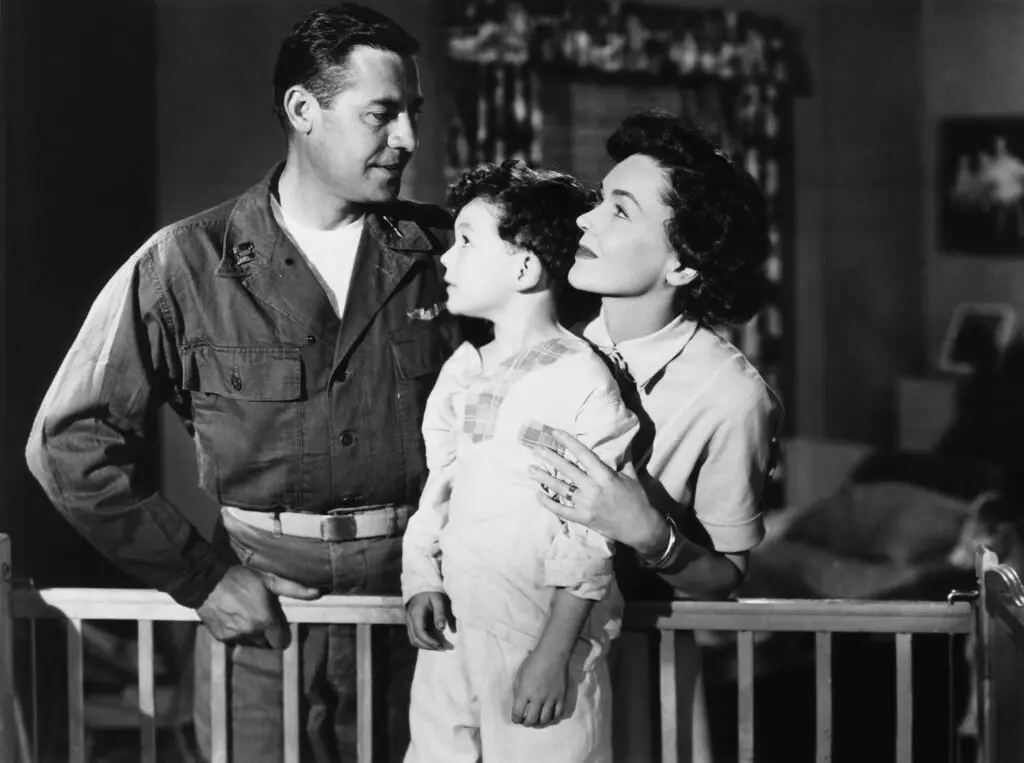
People used to be more aware of personal space, and crowding someone was considered rude. Standing too close in line, bumping into someone without apologizing, or invading someone’s bubble was avoided. Now, it seems like personal space is shrinking, whether in grocery store aisles, public transportation, or even while walking down the street. The concept of giving others room has been replaced with people glued to their phones, oblivious to their surroundings. It’s frustrating to feel someone breathing down your neck in line or to have a stranger practically sitting on top of you in a half-empty waiting area.
A little awareness can make a big difference. Being mindful of how close we stand to others shows basic respect. It’s not about being unfriendly—it’s about recognizing that everyone deserves their own space. People shouldn’t have to shift uncomfortably just to create distance. Taking a step back—literally—can bring back a sense of courtesy that seems to be fading.
13. Say “Excuse Me”
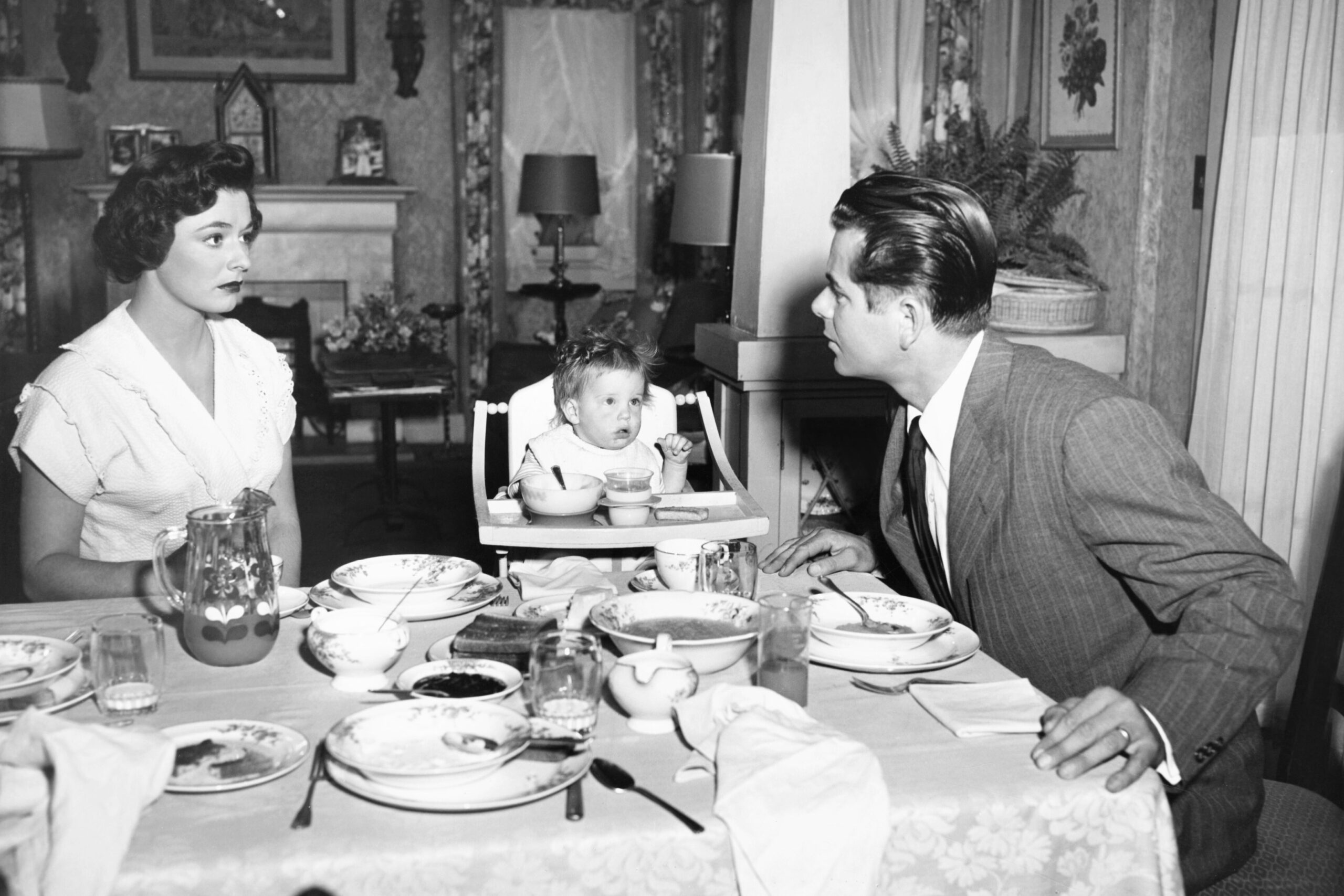
“Excuse me” was once a go-to phrase when bumping into someone, needing to pass by, or getting someone’s attention. It was a small but powerful way to acknowledge others and show basic politeness. Now, people push through crowds, cut in front of others, or interrupt conversations without a word. It’s as if common courtesy has been replaced with impatience. Whether at the grocery store, in a crowded hallway, or navigating a busy sidewalk, people seem to have forgotten this simple phrase.
Bringing it back would make interactions feel more considerate and less chaotic. It’s not about being overly formal—it’s about acknowledging that other people exist in the same space. A small “excuse me” can turn an awkward moment into a polite exchange. It’s an easy habit to relearn, and it makes a big difference in how people feel about everyday interactions. A little politeness never hurt anyone.
14. Be Punctual
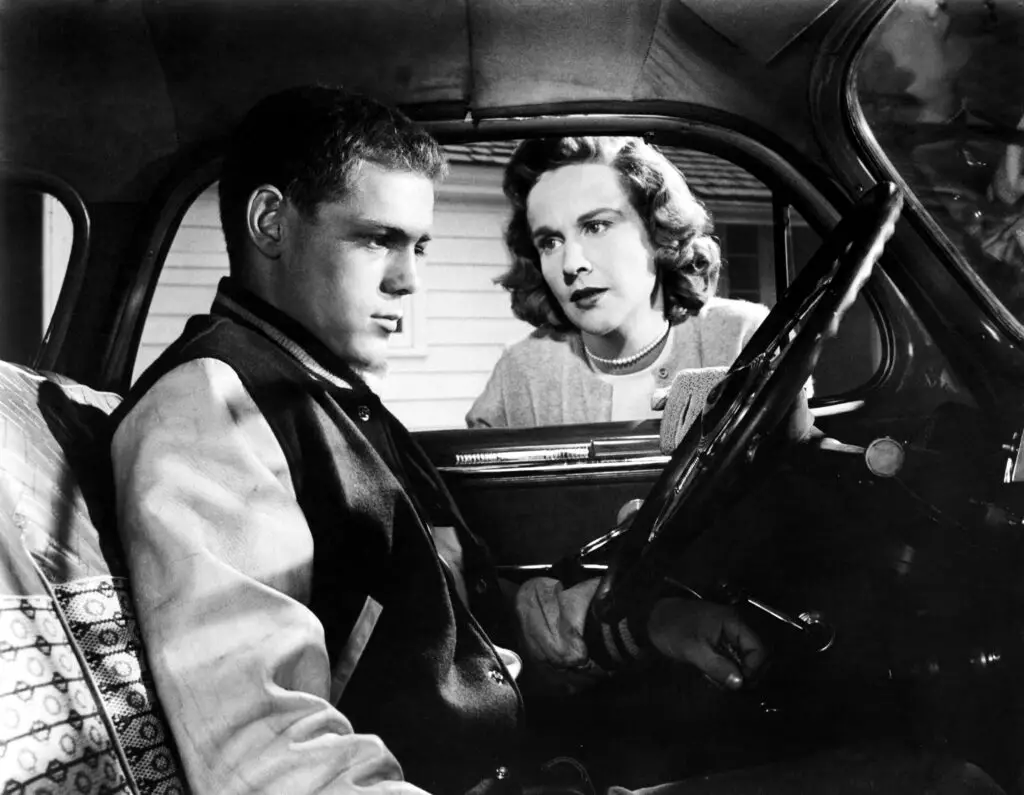
Being on time used to be a sign of respect. If you made plans for 3 PM, you showed up at 3 PM—not 3:15, not 3:30, and certainly not without notice. Whether it was work, school, or a social gathering, punctuality was expected. Today, lateness is common, and people often don’t feel the need to apologize. It’s almost become an unspoken rule that events start later than planned. While life happens and occasional delays are understandable, chronic lateness sends the message that other people’s time isn’t important.
A little effort to be punctual can make a big difference in how we connect with others. It shows reliability, responsibility, and basic courtesy. No one likes standing around waiting or feeling like their time is being wasted. Setting an alarm a few minutes earlier, planning ahead, or even just sending a quick update if running behind can go a long way. Being on time isn’t just about logistics—it’s about respect.
